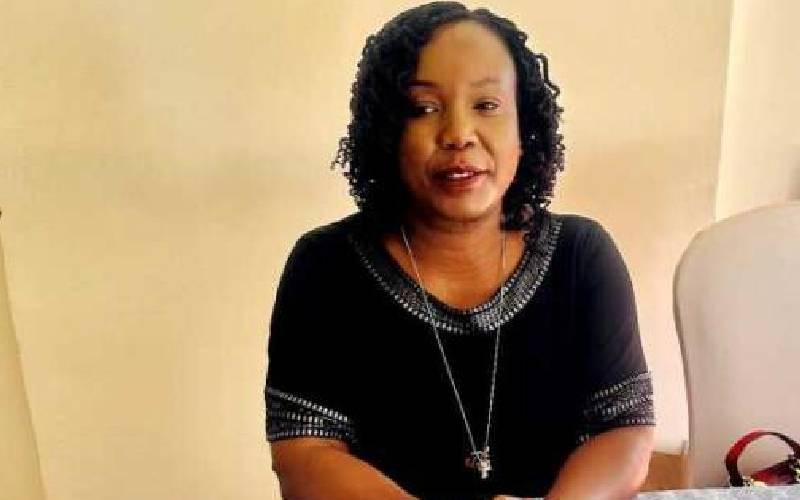
When Mishi Rashid stands to sing, people stop and listen. The afternoon heat in Kwale County is overwhelming, but she is determined to finish her act.
She delivers her song in drama; her eyes fixed on her audience. The crowd is captivated by her moves. When she hits a catchy phrase, they join her in song and dance.
Her song “Cheti” is about the birth certificate, a document several Kwale residents are yet to acquire. She composed it after realising parents were not taking children to school after government made it mandatory for pupils to be admitted upon producing birth certificates.
Mishi is part of Kwale Arts CBO, a theatre group that tours local villages to educate residents on emerging issues that they would otherwise not access.
“Poverty and illiteracy levels are high in this region. We had to find a way of talking to people in a language they understand best, and engaging them so that we can find a solution together,” says group chairman Wakili Motondo.
They also address low high school transition that plagues the county. Last year, while releasing education data on Kwale, County Commissioner Ngumo Kariuki said at least 153,000 children do not join high school.
“It is a tragic state that calls for concerted efforts to rectify, considering the importance of education to the current and future generation,” he said.
Kwale Arts group believes they can be a part of change.
They are a team of 25 young people who dedicate their time to talk about social issues affecting Kwale, including taboo topics such as incest.
“People were whispering about these things, but nobody had the courage to talk about children being abused by relatives. They were scared. We realised we can use our talent in acting to talk about these things,” says Motondo.
When they first started acting a few years ago, people dismissed them. Suleiman Madaraka, a member of the group says they were called idlers. Other people questioned their morals, especially when they performed plays revolving around sexuality.
“The elderly would sneer and ask why young men and women like us were assembling in a hall and mingling freely when culturally, people our age should be married,” says Mishi, recounting the many times she was confronted by relatives who told her she is wasting her womanhood on singing and acting and ruining her chances of getting a husband.
Their target audience started warming up to them as they gained popularity. The county council donated a hall for their rehearsal, and more people started inviting them to stage shows. They mostly go to schools or chief barazas where they can find a crowd.
Mwanatibu Hassan says they get invites to address subjects that teachers feel should not be restricted to classrooms.
“Through acting, we demonstrate for them effects of irresponsible behavior such as drug abuse and prostitution. We invite them into a world they can relate to,” says Mwanatibu.
In no time, local television stations were reaching out to some members to be cast in shows. Motondo has featured in several shows, including the popular “Mshamba” comedy that airs on KTN.
Their popularity now spreads beyond the borders of Kwale and they get invites to perform even in far flung regions. Despite attracting the attention of several people in the Coast, they are struggling to raise funds to tour other regions.
 The Standard Group Plc is a multi-media organization with investments in media
platforms spanning newspaper print operations, television, radio broadcasting,
digital and online services. The Standard Group is recognized as a leading
multi-media house in Kenya with a key influence in matters of national and
international interest.
The Standard Group Plc is a multi-media organization with investments in media
platforms spanning newspaper print operations, television, radio broadcasting,
digital and online services. The Standard Group is recognized as a leading
multi-media house in Kenya with a key influence in matters of national and
international interest.
 The Standard Group Plc is a multi-media organization with investments in media
platforms spanning newspaper print operations, television, radio broadcasting,
digital and online services. The Standard Group is recognized as a leading
multi-media house in Kenya with a key influence in matters of national and
international interest.
The Standard Group Plc is a multi-media organization with investments in media
platforms spanning newspaper print operations, television, radio broadcasting,
digital and online services. The Standard Group is recognized as a leading
multi-media house in Kenya with a key influence in matters of national and
international interest.










